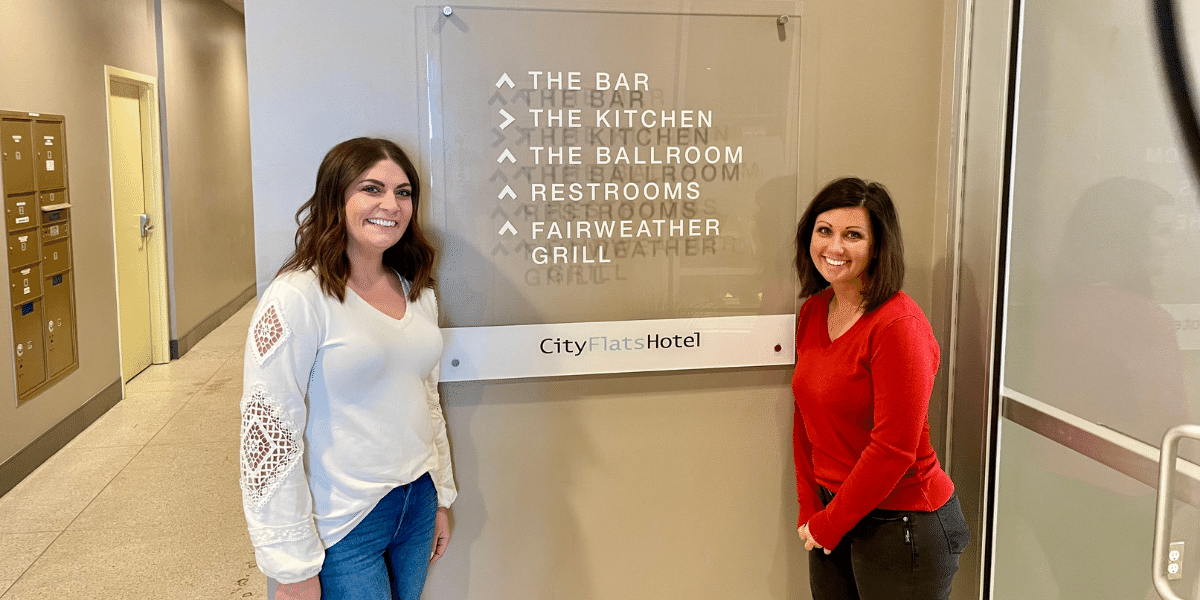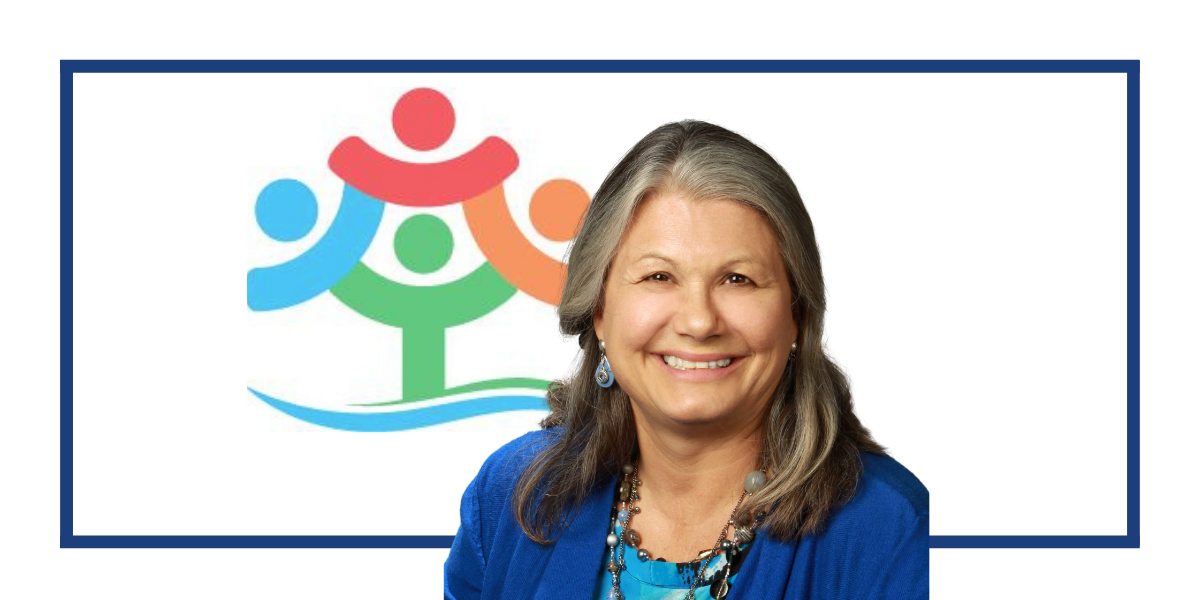The transformation of the former Michigan National Bank building into CityFlats Hotel Port Huron began in 2017, about a year after Sperry’s Moviehouse opened. This winter, both locations are under construction to bring more amenities to downtown Port Huron.
On a tour of CityFlats Hotel (available <HERE>), WGRT was able to see the progress on the hotel’s guest rooms up close. The second floor is taking shape, with rooms and floor plans in place and paint on the walls in anticipation of trim work and finishing details.
The hotel’s second floor rooms boast wonderful views of downtown from almost every angle. Guests can observe the Black River from north facing rooms, get panoramic views of downtown from rooms on the north and southwest corner suites, and gaze at the iconic Train Bridge and Desmond Marine if they are situated on the east side of the building.
Every room is has a unique floor plan at the boutique hotel, and modern fixtures complete the streamlined aesthetic. According to Amanda Downs, General Manager for CityFlats Hotel and Sperry’s Moviehouse, the furniture will compliment the boutique feel of the space by contributing both comfort and design features that guests won’t find anywhere else.
All the furniture and mattresses in CityFlats Hotel and Sperry’s Moviehouse are designed and created by Charter House Innovations, a company with production facilities in Zeeland and Holland that specializes in designing custom interiors in a sustainable way. See their designs for the CityFlats Hotel in Holland, Michigan <HERE>.
Both Amanda Downs and Assistant General Manager of CityFlats Katie Fields are looking forward to the opening of the hotel’s guest rooms even though they don’t have a date on the calendar yet. With all the challenges related to completing building projects at this time, they are focusing their energy on the progress being made and promoting the parts of the hotel that are open for business.
The Kitchen, The Bar, and The Ballroom are all currently open for business and available for breakfast, lunch, drinks, and events.
The Kitchen is a café located on the first floor of the hotel, and it’s open to the public 7 days a week. Sunday through Thursday the hours are 9 AM – 3 PM, and it’s open from 9 AM – 5 PM on Fridays and Saturdays.
The Kitchen has classic coffee drinks, lattes, and smoothies, and the food menu includes scratch-made bagels, wood-grilled flatbreads, and bowls made with your choice of mixed greens, rice, or a rice noodle base and topped with a variety of selected ingredients.
The Bar is the newest part of the hotel to open, and visitors can enjoy a relaxing atmosphere along with views of the Black River and their favorite cocktail, craft beer, or wine. The Bar is open Tuesday – Thursday from 4 PM – 9 PM and Friday and Saturday from 4 PM – 11 PM.
If you’re looking for a wedding or large event venue, The Ballroom can accommodate up to 300 people and includes all the usual amenities of a banquet space along with incorporating several of the former Michigan National Bank’s unique features. The bank’s safe deposit vault, money vault, viewing booths, and deposit counter can be used by guests for photo opportunities and counter space.
Along with The Kitchen, The Bar, and The Ballroom, CityFlats Hotel has the CityFloats outdoor bar and grill that operates in warmer weather, and the building is also home to Weekends, an upscale gift, decor, and gourmet food shop.
Amanda Downs encourages people to visit the hotel’s current amenities when they are looking for something to do, and she’s also excited about the progress being made at Sperry’s Moviehouse to add a new entertainment option to her company’s portfolio.
Sperry’s Arcade is being built in the basement of the Moviehouse which used to house The Underground, a co-working space that relocated to a neighboring property.
“It’s going to be a barcade. It’s going to be a true arcade, no redemption center, no tickets, nothing like that. It is a true arcade with quarter machines – an old-school arcade,” said Downs.
They are waiting on furniture from Charter House Innovations to arrive so they can install all of the machines, and the barcade will also have a corn-hole room and a pinball room that is already garnering enthusiasm by leagues.
“The [pinball] leagues actually reached out to me when they heard we were doing a barcade,” said Amanda.
Guests will be able to use smaller rooms in the barcade to eat food from Sperry’s 2nd Floor Dinnerhouse and hang out in between game-playing. WGRT will follow up on the progress at Sperry’s Arcade soon!
Reporting for WGRT – Jessie Wiegand






